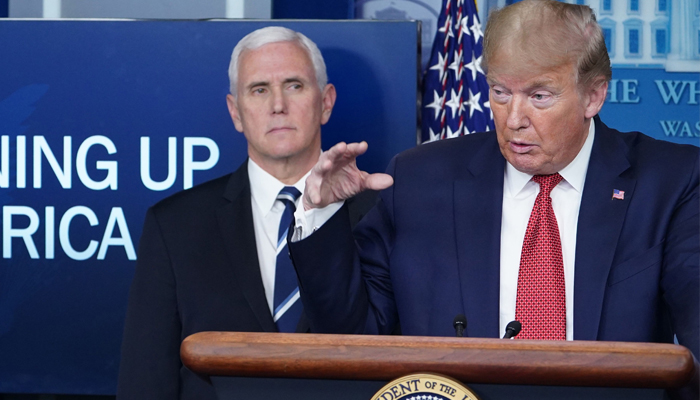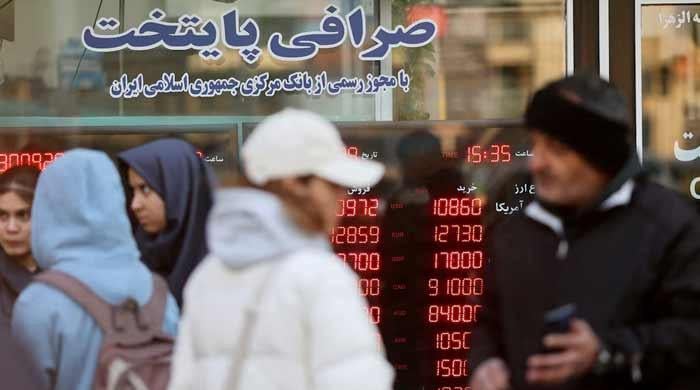US President Donald Trump the 'single largest driver' of coronavirus misinformation: study
Study identifies 11 topics of coronavirus misinformation and the most prevalent among them is “miracle cures"
October 03, 2020

United States President Donald Trump has been the "single largest driver" of coronavirus misinformation, The New York Times reported, citing research by Cornell University.
The researchers of the university, who examined as many as 38 million articles about coronavirus in English-language media around the world said that the mentions of Donald Trump made up nearly 38% of the overall “misinformation conversation”.
That makes the US president the largest driver of the “infodemic” — misinformation regarding coronavirus.
According to NYT, the study is the "first comprehensive examination of coronavirus misinformation in traditional and online media".
“The biggest surprise was that the president of the United States was the single largest driver of misinformation around COVID,” said Sarah Evanega, the director of the Cornell Alliance for Science and the study’s lead author. “That’s concerning in that there are real-world dire health implications.”
The study identified 11 topics of misinformation and the most prevalent among them was “miracle cures,” including Donald Trump’s promotion of anti-malarial drugs and disinfectants as treatments for coronavirus.
The "miracle cures" had accounted for more misinformation than the other 10 topics combined, the researchers said.
According to the study, a day before Trump said that disinfectants and ultraviolet light could be a potential cure for COVID-19, there were around 10,000 articles related to miraculous cures for the disease.
However, after Trump floated the idea on April 24, there were more than 30,000 articles in the “miracle cures” category.
The idea that Trump might be fueling misinformation may not come as a surprise to many.
"But in interviews, the Cornell researchers said they expected to find more mentions of conspiracy theories, and not so many articles involving Trump," said the publication.









